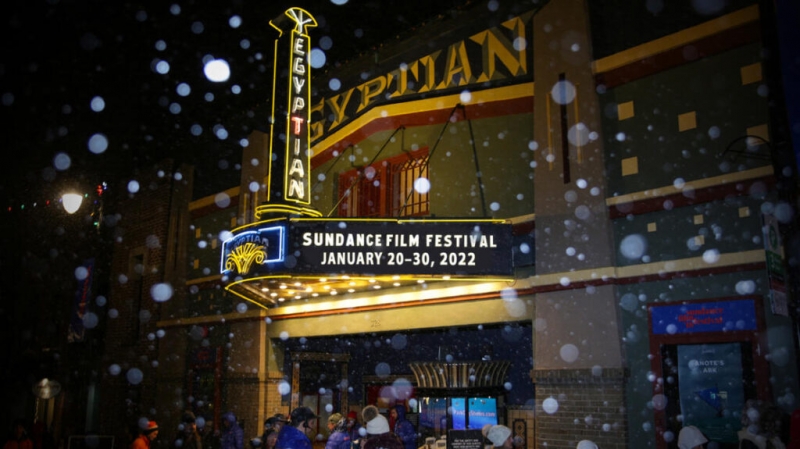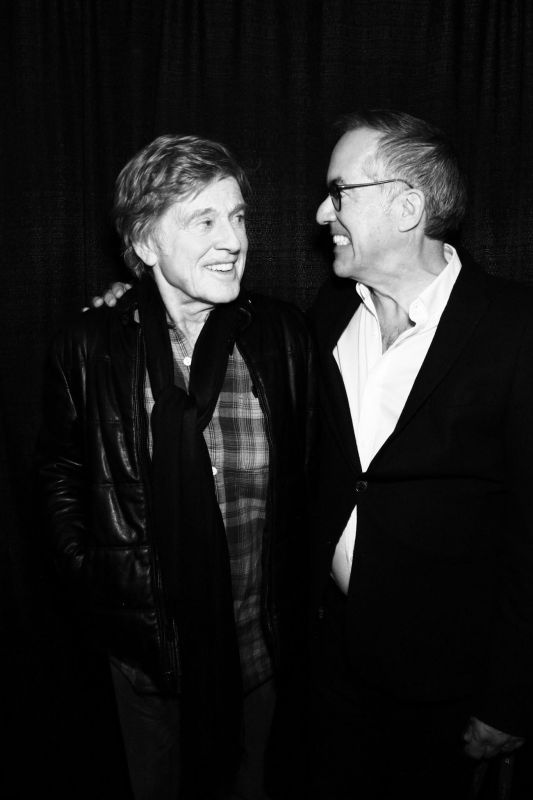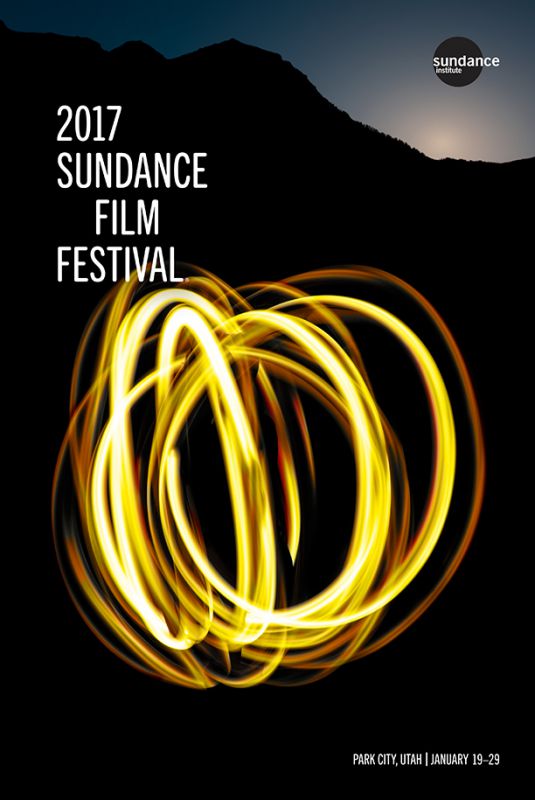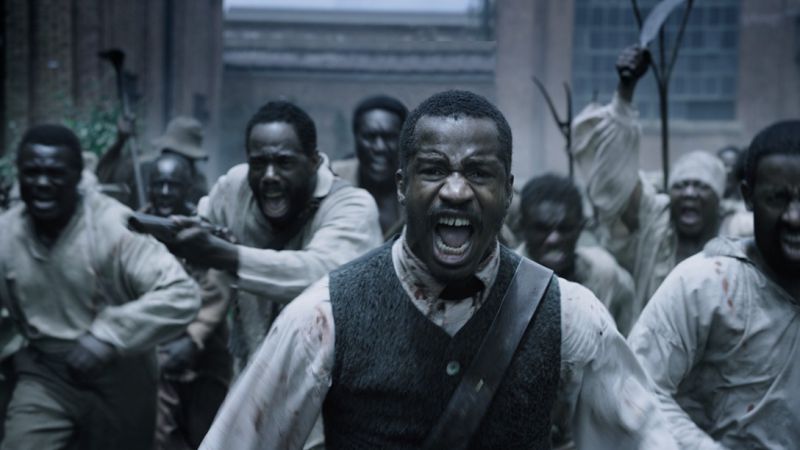|
|
||
|
Pro Tools
FILMFESTIVALS | 24/7 world wide coverageWelcome ! Enjoy the best of both worlds: Film & Festival News, exploring the best of the film festivals community. Launched in 1995, relentlessly connecting films to festivals, documenting and promoting festivals worldwide. Working on an upgrade soon. For collaboration, editorial contributions, or publicity, please send us an email here. User login |
John Cooper: Indie InnovatorIt is probably safe to say that John Cooper, the Director of the Sundance Film Festival, dreams in 24 frames per second. He has said in various interviews over the years that film has been part of his DNA going way back to childhood, although his first immersion in the arts was in live theater, ranging from performance to design. He spent the obligatory years in New York City, the center of live performing arts, but in 1989, by chance (or fate), he volunteered at the Sundance Institute’s Summer Labs and fell in love with the process, energy and mission of the Institute. He became a member of the Festival’s programming team that same year, beginning an almost 25 year association with the Festival. In 1989, the Sundance Film Festival was quite a different beast and the indie landscape was far more modest. However, in that same year, a small indie film titled SEX, LIVES AND VIDEOTAPE by an unknown director named Steven Soderbergh exploded at the Cannes Film Festival, and its success was about to change all that. Suddenly indie film was white hot and Sundance was well positioned to become the organization that would become the keeper of the holy grail of emerging indie talent. Cooper (as he known by friends and colleagues) returned to California to become part of the Festival programming team, which at that time consisted of two people. In the Festival’s early years, he created the short film program and quickly transitioned into programming documentaries and feature films. Working under the leadership of Sundance founder Robert Redford and Festival Director Geoffrey Gilmore, he focused on efforts to expand the Festival’s boundaries by helping introduce the New Frontier On Main initiative, where contemporary artists intersect with new technologies, as well as boosting the Festival’s content-rich website and leading the initiative to expand the Festival’s audience via strategic relationships with online platforms such as iTunes, Netflix and Xbox 360. Since 2005, he spearheaded what was then known as the Sundance Institute Art House Project (now known as Sundance USA), a national initiative of 18 art houses from across the country designed to connect regional audiences to the Sundance’s films and filmmakers. He also introduced a new section to the program called Next, focused on low- or no-budget films and ratcheted up the World Cinema competition sections to give them equal footing with the core American Indies program. John Cooper and Robert Redford After serving as the Festival’s Director of Programming since 2003, Cooper got the opportunity of a lifetime in 2009, when longtime Festival Director Geoffrey Gilmore accepted a job as chief creative officer of Tribeca Enterprises, which among other things, sponsors the Tribeca Film Festival in New York. Speculation was rampant at the time about who would succeed Gilmore in the high profile role, with fears that a Hollywood studio honcho might be anointed and shift the Festival into a decidedly more commercial direction. Well, the good news is that the Institute, with Redford’s apparent blessing, saw that they had the right person for the job was already in their midst, and elevated Cooper into the position. As Festival Director, he oversees creative direction of the Festival and has final decision on all films and events. The first Festival that he was completely in charge of in January 2010 was viewed as a return to Sundance’s roots, with “less commercial, more independent” serving as his mantra. While the Festival continues to include films that bring out celebrity talents, the films chosen in the past three years (including the class of 2012) seem to bear out his ethos of presenting smaller and tougher films that challenge audiences to think as well as just react. For this year, he has incorporated the theme of LOOK AGAIN to encourage people to embrace a new generation of filmmakers and storytelling techniques. When asked about the motivation behind this campaign, Cooper shared that “LOOK AGAIN refers to opening yourself up to a new perspective and renewed vitality – to re-examine the power of film as an art form. I love to watch audiences celebrate the new slate each year. I think audiences at this year’s Festival are going to discover a diverse range of exciting stories both in narrative and documentary. As the Rolling Stones sang “you just might find….you get what you need!” This creative approach comes at a time when indie films are facing a crisis in terms of finding distribution and making back their even modest investments. While new distribution platforms are showing promise, the economic crisis and the possible move towards a more conservative government do not harken well for art cinema. “In these challenging economic times, filmmakers have had to be more resourceful and truly independent in their approaches to filmmaking”, Cooper said in the Festival’s announcement press release. “Looking at this year‘s submissions, the result is more fully realized visions and stronger stories; we are proud to see the Festival emerging as a key indicator of the health and creativity of our filmmaking community”. The onus for the quality of the overall event is now shared between American indie titles and a strong representation of world cinema offerings. In fact, the World Cinema competitions for narrative features and documentaries contain an impressive number of world premieres. In industry terms, that means that more international filmmakers and sales agents are opting to premiere at Sundance instead of Berlin or other non-American venues. “My staff and I have stepped up our commitment to international outreach in the past few years, and our international friends are catching on to the opportunities we have to offer, including networking meetings and social gatherings designed just for them”, Cooper offered. “As with U.S. films, we have a rich history of supporting work that is sometimes overlooked by others….yet when those films find audiences it is magical.” For the third Festival under his artistic direction, Cooper has settled into his role and can see his personal influences converging with the realities of the marketplace and the continued enthusiasm of film artists who are driven to tell their stories. But even in a “dream job”, the challenges are great and the position requires him to say NO much more than he says YES (the Festival screens less than 10% of the films that are submitted to it…..onerous odds, indeed). “The rejection process is heartbreaking”, Cooper shared. “It is hard to ignore the struggle and dreams that go into making any film. I often tell filmmakers that though our Festival may be a “quick” path for them to achieve their goals, it is not the only one.” However difficult that process may be for a man who is not afraid to show his more tender and emotional side, the rewards of the “dream job” are also great. “It is rewarding knowing that the Festival works – that it is a platform for creating real impact both for films and the independent community.” Cooper concluded. “There’s something special about standing backstage with a filmmaker at their world premiere, both of us knowing their life is going to change and not even having to talk about it.” Sandy Mandelberger 26.01.2012 | Sundance's blog Cat. : Berlin California Director energy Entertainment Entertainment Festival Film Film festival Geoffrey Gilmore Geoffrey Gilmore Human Interest Human Interest Independent film John Cooper John Cooper Netflix New York New York City officer Person Career Person Location Person Travel Quotation Robert Redford Sandy Mandelberger Silver Lake Film Festival Steven Soderbergh Sundance Sundance Film Festival Sundance Film Festival Sundance Institute Sundance Institute’s Summer Labs Sundance USA Technology Technology the Cannes Film Festival the Sundance the SUNDANCE Film Festival the Tribeca Film Festival Tribeca Enterprises Utah World Cinema PEOPLE
|
LinksThe Bulletin Board > The Bulletin Board Blog Following News Interview with IFTA Chairman (AFM)
Interview with Cannes Marche du Film Director
Filmfestivals.com dailies live coverage from > Live from India
Useful links for the indies: > Big files transfer
+ SUBSCRIBE to the weekly Newsletter Deals+ Special offers and discounts from filmfestivals.com Selected fun offers
> Bonus Casino
User imagesAbout Sundance The editorial team The editorial team (fest21.com) Ambiance from Park City Sundance film Festival January 20 - 30, 2022. Inside information, audio and video podcasting. Feel free to share your comments and views. View my profile Send me a message My festivalThe EditorUser contributions |




























